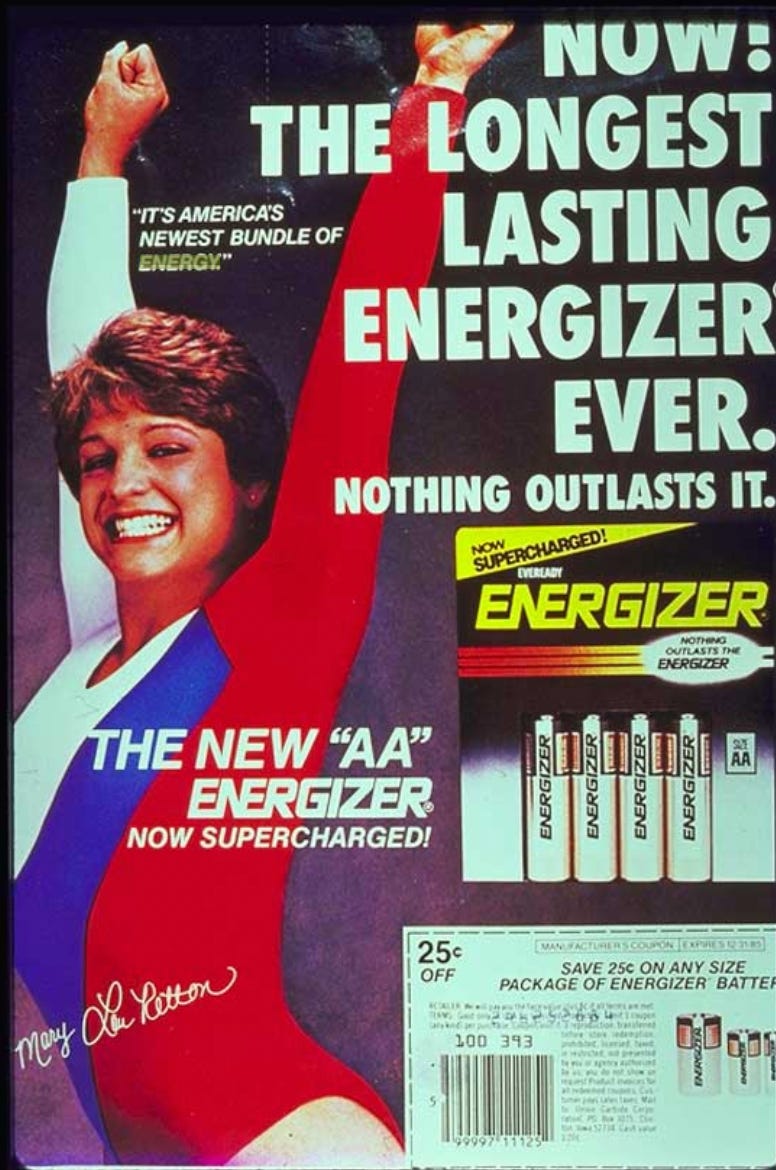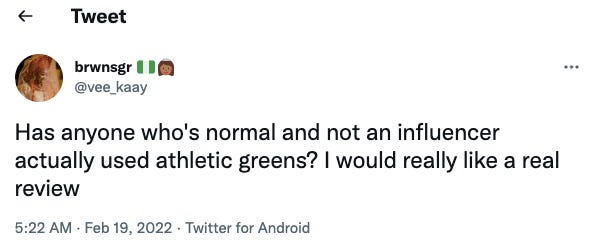Ah, how nice it is to be back to writing this week. A blank page, mental space.
Today’s post will address the idea that “today’s pace of life requires more energy to keep up with everyday demands.”
But as I’ve experienced over the last few weeks (explaining for my absence here), it’s not just physical energy we are talking about - but mental energy. To “have” the time but not the energy to maximize one’s time is a very real phenomenon.
This week, as I descend from the twin mountains of 1) moving into a new home addition and 2) interviewing (and accepting an offer!) for an absolute dream job1 whilst keeping 2 young children alive and well, I find myself with indeed more energy to tease out a somewhat relatable idea from the dense concept of our modern economic culture. I.e., the stuff that normally comprises this substack.
Welcome back to our series, twenty shades of “time is money”. On Tuesdays we’re breaking down findings from my research on social acceleration, marketing, and consumer culture.
This research helped me better understand my own relationship to time and consumption (and specifically, the felt need to constantly be busy and hurry through life and buy things as an antidote to this frenzy). Thank you for reading, and I hope there is a nugget of inspiration for you here too.
Here are a few images that illustrate that “today’s pace of life requires more energy to keep up with everyday demands”:



And when advertising rhetoric isn’t pushing that you need more energy, it still pushes a specific narrative around one’s energy, namely that to have an abundance of it is route to becoming successful in society. (“way to success” is actually its own theme that emerged from my research, one we’ll address in a few weeks.)
The last few weeks I’ve been thinking that I should subscribe to AG1 - the greens supplement that seems to sponsor every podcast I listen to2. And why would I spend $100 monthly for a dietary supplement? To have more energy to tackle the demands of my day. Every time I’m struggling to keep up with my boisterous three-year-old, I think, “Hm. Maybe if I had taken a supplement stronger than coffee this morning I’d be better equipped for handling this melt down.” That a singular product would enter my consciousness in this way is impressive (of their marketing team) and scary (for me as a consumer).

And as we know from dipping our toe into mimetic theory, if an influencer says they want something, we probably will too.
But ultimately, the thinking that “if only we had more energy…” presents a structural, social problem as an individual one, and the marketization of solutions that offer more energy provide just a brief respite from the actual problem. (The actual problem being, perhaps our social structures expect more than any one person can handle on their own.) And without sustainable support from community and family relationships, the burden seems to fall back on the individual to purchase a way out.
But, to meaningfully challenge this notion? If only we had more energy…
This fall I will begin as a teaching professor in marketing at the University of Arkansas in Fayetteville (!) A teaching professor is a phd-level professor who focuses on teaching and academic service, rather than research (unlike a typical tenure-track professorship). Also, I generally dislike the moniker “dream job”, for as the saying goes, I do not dream of labor. However, I do dream of meaningful and impactful contribution to society - which I believe is to be found in connecting with college students who are on their way to becoming the next generation of business leaders. A dream vocation, then, if you will.
I mean seriously… everything from my business podcasts, to my mom podcasts, to my sustainable fashion podcasts. Is there any influencer with which AG1 hasn’t partnered?!








Congrats on your new role! And I LOVE how you draw on earlier ads comparing with latest influencer pushes re products that will give you more energy! Interesting reflections!
Totally! Keep writing... :-)